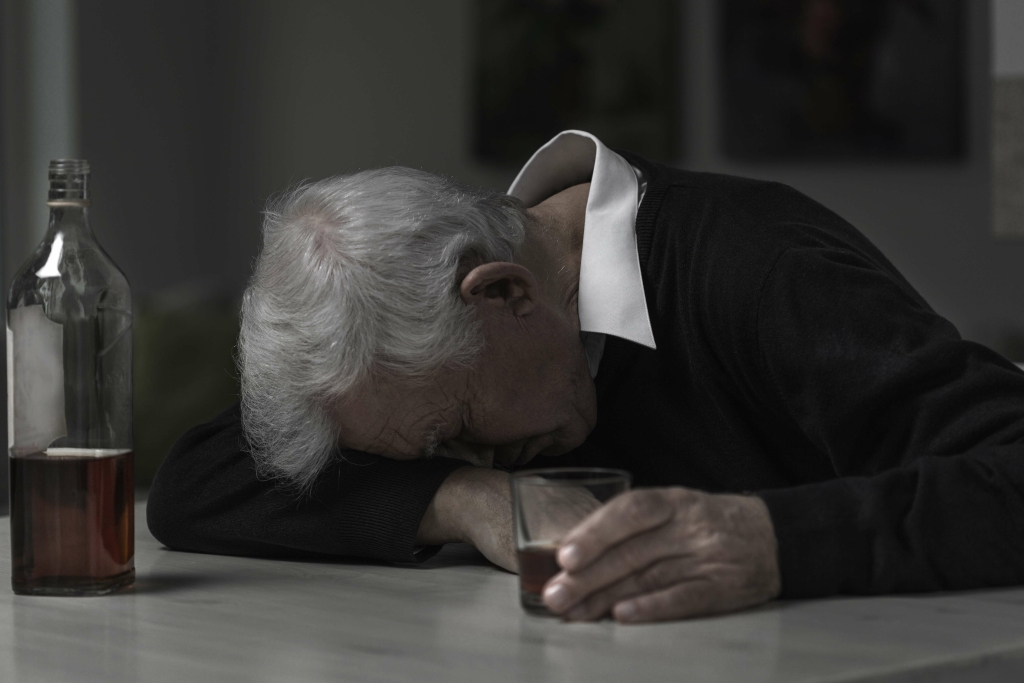What’s more, many individuals who cycle in and out of recovery have various health problems, such as chronic pain or mental illness, that can affect recovery progress. The recovery process from Substance Use Disorders (SUDs) has evolved over time. So often, the recovery process is referred to as a “pathway” or “journey,” which may seem like appropriate terms. However, when examining the idea of a pathway more closely, it implies that there is a singular chosen “path” or “road” that one will follow and adhere to.
Understanding Addiction to Support Recovery
- Detoxification alone without subsequent treatment generally leads to resumption of drug use.
- However, as the National Institute on Drug Abuse (NIDA) explains, relapse does not mean that treatment has failed.
- But stable and loving relationships are possible with someone who’s in recovery.
- “Their focus is to help clients that come into the program and build those tools and that foundation to get through the program and graduate and then you can successfully live life outside of sober living.”
When you fill it out, write as many items as you can think of to go under each heading. Do the benefits of continued use or participation outweigh the costs? Get the latest announcements on SAMHSA’s effort to address recovery support. An interview with Vasavi Kumar and Jyoti Chand on substance abuse in the South Asian community, and barriers to https://thechigacoguide.com/top-5-advantages-of-staying-in-a-sober-living-house/ getting help. Discover the latest advancements in treating obsessive-compulsive disorder, including innovative cognitive-behavioral and strategic therapies designed to enhance patient outcomes. Planning in advance a way out of high-risk situations—whether an event, a place, or a person—helps support intentions in the face of triggers to use.
- Because setbacks are a natural part of life, resilience becomes a key component of recovery.
- Turning to another activity—listening to music, going for a walk—when an urge hits can maintain recovery.
- When your loved ones are informed and supportive, it reduces shame and blame, allowing you to feel safe opening up and facing challenges head-on.
- Genetic factors influence how substances are metabolized and experienced.
- Traditional approaches in the U.S.—framing addiction as either a moral failing or a disease of the brain—do not suffice, she says.
- It’s also possible to filter results by therapists’ racial background and specialty, as well as by insurance carrier.
Transitioning from rigid pathways to fluid patchworks.
Fortunately, most of the acute symptoms of withdrawal pass within a week or two of quitting. However, some people who quit an addiction find that certain withdrawal Sober House symptoms seem to go on and on. This is known as post-acute withdrawal syndrome (PAWS), and it can continue for weeks, months, or even years in some cases.
Anticipate Changes in Relationships
- Please feel free to bring signs of support for Ahren that we can send to him at home, now more than ever he needs as much support as we can possibly give him.
- Motivational enhancement therapy uses strategies to make the most of people’s readiness to change their behavior and enter treatment.
- Whatever the stress relief that comes from being in a group, many others are not comfortable with the religiosity, the steady focus on the dangers of relapse rather than on growth, or the subscription to powerlessness of AA and NA.
- Identify key past events that gave rise to negative beliefs about yourself.
Treating the underlying condition along with addiction is key to lasting recovery. Structural imaging techniques allow one to examine the brain’s physical, anatomical structure. Structural imaging is essentially cross-sectional, in that it provides static information and is analogous to taking a photograph of the brain. These images permit evaluation of overall anatomical abnormalities, including tissue atrophy (i.e., loss of neural tissue) and reduced white matter integrity (i.e., weakened connections between neural structures).

Drug use and effects on the brain

Wildfires: How to cope when smoke affects air quality and health
- Sara Fielder, of Huntington was eight months in recovery and said she was given a one percent chance of completing a recovery program she’s expected to graduate from one in Charleston next month.
- Shortly after substance use is stopped, people may experience withdrawal, the onset of unpleasant physical and psychological symptoms —from irritability to shakiness to nausea; delirium and seizures in severe cases.
- If you’re recovering from substance use disorder (SUD) or you love someone who is, you know just how challenging it can be to heal the harm that may have occurred.
- Withdrawal symptoms can be a difficult aspect of overcoming addiction for both substance and behavioral addictions.






